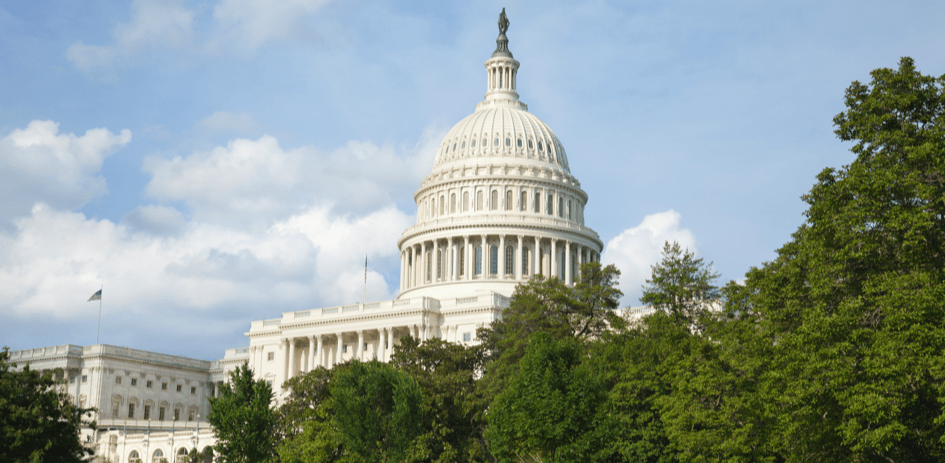Posts tagged partisan politics

CHICAGO SCHOOL SPENDING NEARLY DOUBLES AS SCORES DROP
July 16, 2024 // Still, CTU seems oblivious as it pushes $1.7 billion in demands for new support staff that will give them more union members – part of at least $10.2 billion in new demands – rather than prioritizing students’ outcomes. This, in a school district that just cut enough to close a $500 million deficit. Expect that deficit to reappear with a vengeance if CTU gets even a fraction of its demands. Expect taxpayers to eventually pay for that deficit.
Op-Ed: Union membership is now political. So can the government still require people to associate with a union?
July 10, 2024 // Since then, employees have argued that exclusive union representation does violate the First Amendment. Exclusivity saddles them with the “services” of nakedly political bargaining agents. Lower courts have turned those arguments aside mostly because of an older case, Minnesota Board for Community Colleges v. Knight, which suggested that exclusive representation was okay in the public sector. Knight seemed to say that when the government bargains about working conditions, it can choose its own bargaining partner. And if it chooses one exclusive union to bargain with, that choice burdens no one’s associational rights. But whether or not that’s what Knight meant, the decision has no bearing on private-sector bargaining. In the private sector, the government does not choose its own bargaining partner; it imposes one on private parties. And some of those parties object to their unions’ political views—views that are increasingly central to unionization itself. So private-sector bargaining raises a different question: can the government force private citizens to associate with a union when that union’s core purpose is increasingly political? (Elsewhere, I have argued at greater length that it cannot.)

Op-ed: Workers need empowerment, not more Bidenomics failures
September 7, 2023 // The act would restore the flexibility workers deserve. Finally, the bill protects workers from being forced to undermine their own deeply held beliefs. Unions can spend workers’ dues to support politicians and political causes without expressed approval from each member. The Employee Rights Act requires unions to get workers’ permission before spending their hard-earned money on partisan politics. The American people overwhelmingly support every provision of the Employee Rights Act — including those in union households. They want to unleash workers, not shackle them with the demands of special interests, and they’re looking for leaders who put workers first.
YOUNG WORKERS INCREASINGLY — AND RIGHTFULLY — WARY OF UNIONS
April 28, 2023 // Unions, on the other hand, are notorious for their seniority-based systems, in which benefits and promotions are often based on years of service rather than merit. This can limit opportunities for ambitious young workers who want to excel in their careers based on their own talent and hard work rather than being bound by rigid union rules that prioritize age over performance. Moreover, unions can be a costly undertaking for young workers. Union dues can be expensive, and the burden falls more heavily on those making less. For young workers already struggling with student loans and other financial responsibilities, union dues can further strain their budgets. At the same time, young workers may never have the chance to fully benefit from the services provided by unions, such as pension plans, since they are less likely to stay with a single employer for their entire career.

Should Legislative Aides Unionize?
March 22, 2022 // The constituents who were not being served by their Washington State Democratic lawmakers while the staff staged a work stoppage paid a price even before unionization could take effect at the state capitol. Imagine if a strike lasted more than a day or two, while legislative staffers carried out a union’s bidding rather than the work they were hired to do by the elected official and the American voter. And therein lies another issue entirely: Unions do not answer to the voters.
